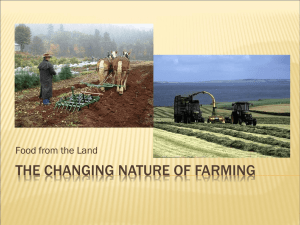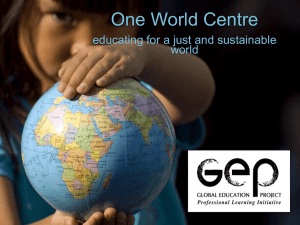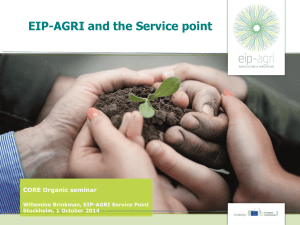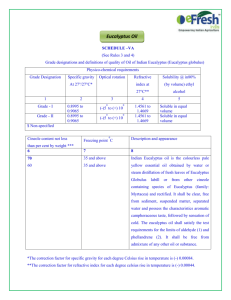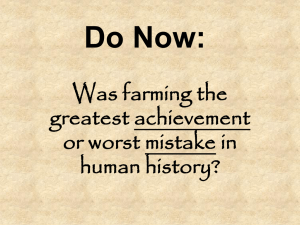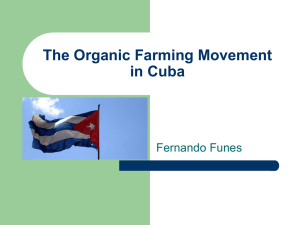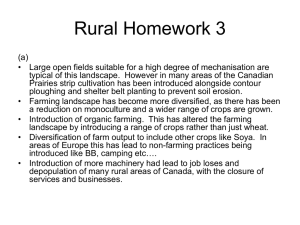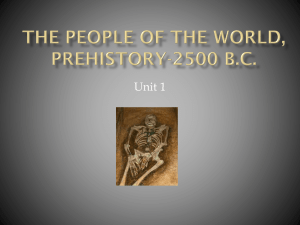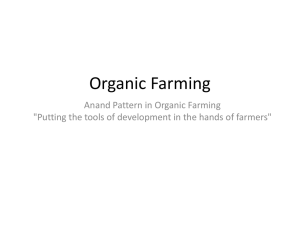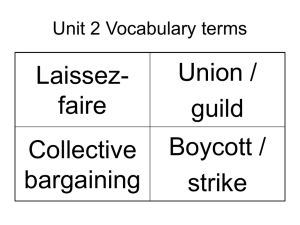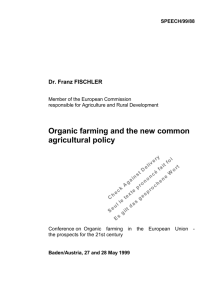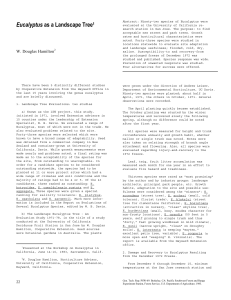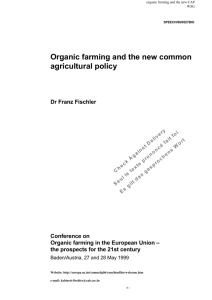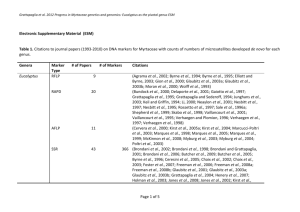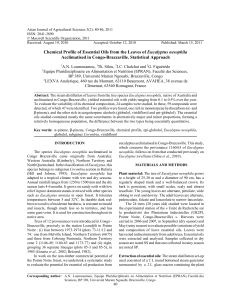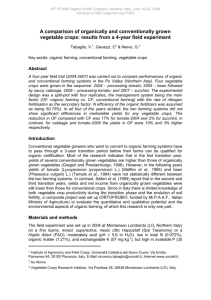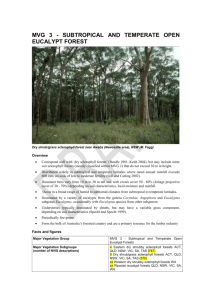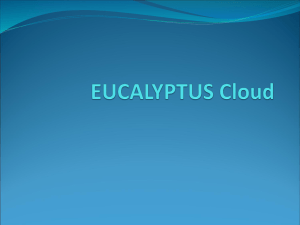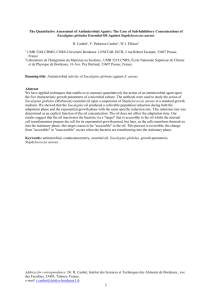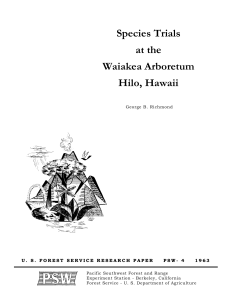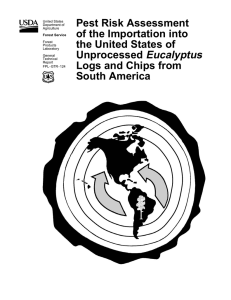SHUMAS & Environmental Protection
advertisement
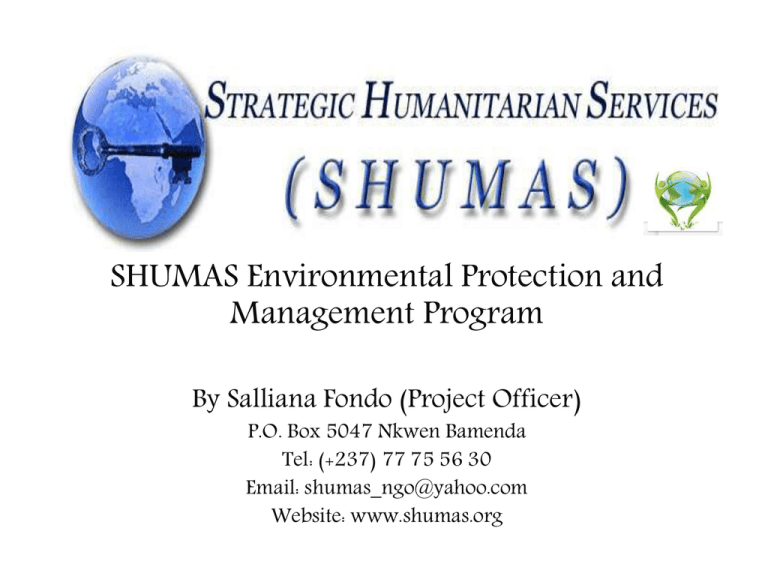
SHUMAS Environmental Protection and Management Program By Salliana Fondo (Project Officer) P.O. Box 5047 Nkwen Bamenda Tel: (+237) 77 75 56 30 Email: shumas_ngo@yahoo.com Website: www.shumas.org Program Outline 1. General introduction 2. The Problem 3. Objectives of the program 4 .SHUMAS intervention 4.1 Eucalyptus replacement project 4.2 School Environmental Project 4.3 Renewable Energies 4.4 Organic farming 5. Challenges 6. Future Plans 7. Conclusion 1. General Introduction 2. The Problem Degradation of fragile ecosystems due to natural conditions irreversible changes to the environment by caused human interventions Environmental degradation by unconrolled waste disposal Threat to natural resources or life qualities due to socioeconomic constraints 3. Objectives of the program 3.1 Alleviate poverty through sound environmental practices 3.2 Improve the already fragile ecosystems 3.3 cultivate environmental management practices Eucalyptus Replacement Project (EUREP) • Project started in 1999 • Objectives of the project To eliminate Eucalyptus tree (heavy feeder) from farmlands/water catchments to increase arable land for agriculture/volume of portable water to different communities Eucalyptus Replacement Project • Importance of Eucalyptus trees - Fast growing nature ( wood for pulp, timber fuelwood ) - Easy propagation - Eucalyptus oils o Medicinal oils o Industrial oils o The aromatic oils • Problems associated to Eucalyptus trees - Water intensive nature - Nutrient intensive nature - Allelopatic properties Eucalyptus Replacement Project (EUREP) • The replacement project • Project phase I between 1999 – 2002 – More than 500 thousand trees cut down – More than 500 thousand indigenous trees spp nursed & planted • Project phase II between 2006 – 2009 – More than 1 million cut down from farming areas – Increasing more farmland for rural women • Neem tree planting in the Mayo Dabi Division School Environmental Program • Program started in 2008 • Goal: Promote environmental protection and management in primary schools • Objective of the project To promote environmental management through practical education of pupils Enhance rural primary education by seeking income sources to compensate some educational needs. School gardens • Gardens are the right place, sometimes the only place, to learn how to: cultivate food successfully; respect the environment in direct practice (e.g.conserving water, replacing trees); see the bond between gardening and good nutrition, and learn to grow a healthy diet; value fresh vegetables, fruits and legumes, including indigenous foods; • 15 primary schools are gaining skills in environmental protection and management. Practical Lesson at school Practical Lesson at school Renewable Energies • Biogas energy • Wind energy • Hydro energy Biogas Energy Definition Was constructed in 2011 The gas is used in cooking at the Biofarm Training center benefits of biogas o production of heat o Transformation of high organic waste into high quality fertilizer o Improve hygienic conditions through reduction of pathogens, worm eggs and flies o Reduce workload, mainly for women o Protection of forests, soil, water and air Biogas Digester Biogoas Digester at the Biofarm Training Center Bamdzeng, Kumbo Wind Energy • Wind Energy Uses a wind turbine to convert kinetic energy from the wind into mechanical energy (process known as wind power) Wind turbine/wind power plant (used to produce electricity) Windmill or wind pump (used to drive machinery) • Small wind turbines Smaller than 100 kilowatts (kW) May be used for a variety of applications like: (On- or off-grid residences, electrify rural communities, etc or where a the grid is unstable) (U.S. NREL) The Wind Turbine Wind turbine at the Biofarm at Bamdzeng, Kumbo Hydro Energy • It is electrical energy generated through the use of the gravitational force of falling or flowing water. • SHUMAS Micro Dam project for electricity It uses the natural flow of the river Intends to supply the Biofarm Training Center and neighbouring community It is expected to reduce exposure to future fuel shortages and price increases, and help reduce air pollution Construction is still on-going. Organic Farming • Definition of organic farming a holistic production system which promotes and enhances agro-ecosystem health, including biodiversity, biological cycles, and soil biological activities (FAO, 1999). • Program started in 2008 • Objective: To train leaders of peasant farming communities and unemployed youths on sustainable farming methods and renewable energy Organic Farming • Over 70 youths and women across the country have benefited from the training • Over 5000 people have benefited from short courses on seed distance farming, pig and poutry farming etc • Environment benefits of organic farming sustainability in the long term soil water air and climate biodiversity 5. Challenges • Wind Turbines destruction by thunderstorms • Renewable energy is still very new practice • Lack of proper environmental education curriculum • Insufficient water for schools during dry season • Some schools start planting late • Inadequate access roads to some project areas • Insufficient seedlings for the replacement projects • Resistance from some communities 6 Future Plans • Reinforce/encourage sustainable afforestation and reforestation projects in the country. • Extend the school environmental program to many more rural schools. • SHUMAS plans to reinforce wind energy at Biofarm and construct a solar plant. • Establish reliable partnerships for clean energy propagation in rural Cameroon. • Start up phase III of the EUREP project in 2013 • SHUMAS plans to introduce payment for ecosystem services for biodiversity wconservation • SHUMAS intends to incorporate waste management into its environmental department 7 Conclusion • A clean environment is the best legacy we can hand over to future generations, SHUMAS intends to make this a dream come true. • Sound environmental management practices are still gaining grounds in rural and urban Cameroon, and it is a war we must win Thanks you for your attention
